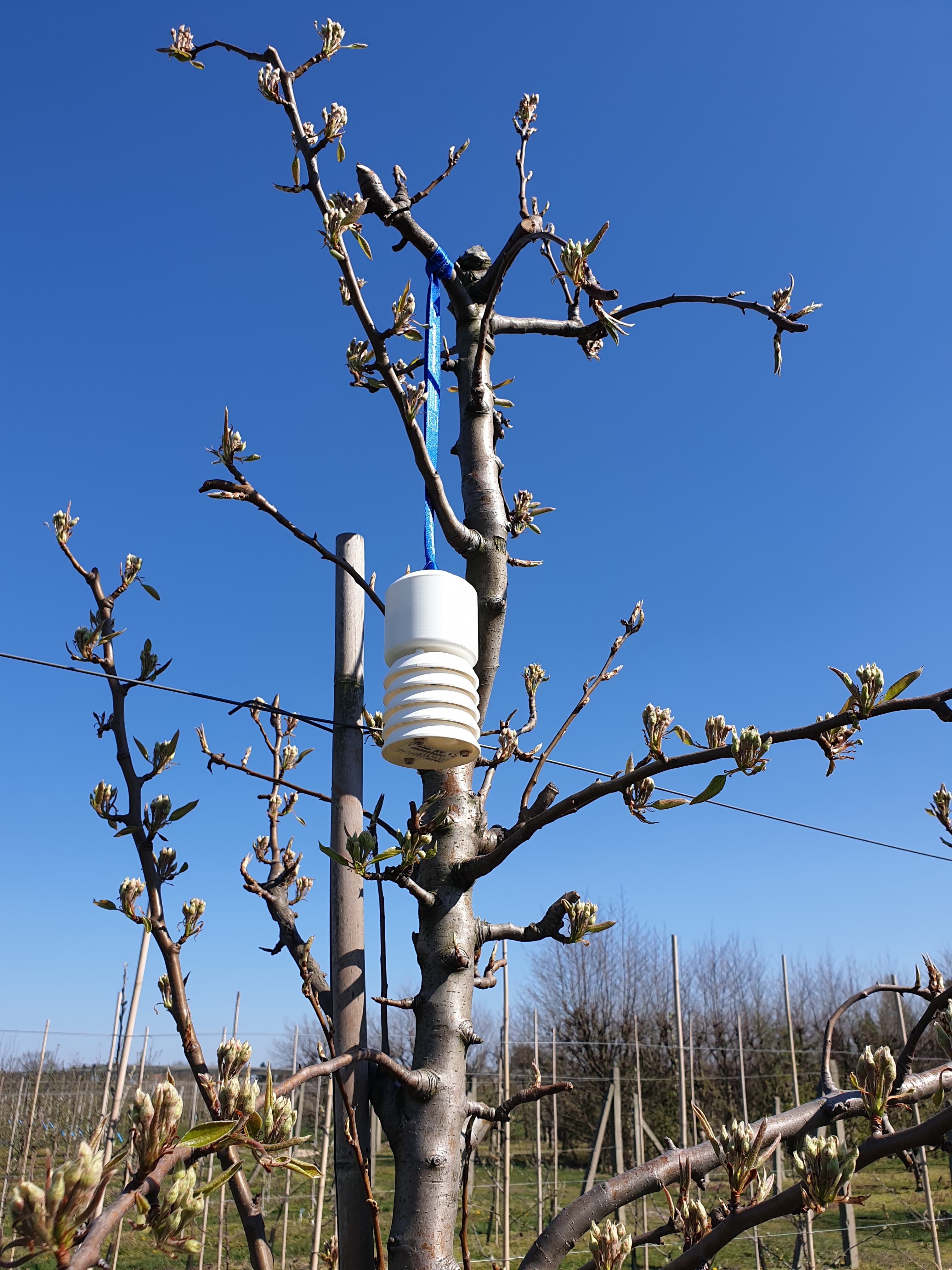The Polish-designed AGREUS system helps farmers significantly reduce the amount of water needed for irrigating their crops, while also increasing yields. This decreases use of this valuable natural resource, which is one of the highest production costs in agriculture.
AGREUS: reducing water consumption for agriculture in Poland
- 26 October 2020
The AGREUS® system takes agriculture to a completely new dimension, to completely different areas of agricultural production management, enabling the creation of individual solutions with a wide range of applications. More importantly, the system is not only used to control irrigation or to measure soil, it is a smart village class system.
Developed by telemetry and location tracking equipment manufacturer Inventia, the AGREUS system uses accurate soil measurements to optimise the amount of water irrigation systems use. The system consists of a base station that transmits data between soil probes and sensors, and the system that controls the irrigation pumps and valves.
While the system’s core function is to optimise irrigation, it also provides insight on the needs of and threats to plants and how to accurately respond to them. For example, collected data on soil and air humidity can allow farmers to estimate the probability of spring frosts or fungal infections and act to protect their crops. Other variables like salinity and temperature are also measured.
Fine-tuning irrigation based on measurements
Based on the data the base station receives, the system’s executive modules open or close the pumps and valves through which water is released. For difficult terrain, optional radio-controlled valves allow for wireless control of four irrigation valves.
The system can be set up and configured to control irrigation in a multitude of ways. For instance, farmers can choose to run their irrigation system based on estimated evapotranspiration – the combined sum of water evaporation and plant transpiration. In this case, the sensors monitor soil moisture and automatically adjust the volume and frequency of irrigation to achieve the desired result.
Farmers can opt for complete automatic and independent operation of the system based on a predetermined threshold. In that case, the irrigation valves will automatically open if soil humidity falls below an indicated level.
Connected to the cloud
The base system can connect to the internet through Wi-Fi, via mobile data or with an ethernet cable. The internet connection allows users to send their collected data to the system’s cloud-operated portal, from where they can generate reports and, more importantly, read measured parameters and control their devices remotely.
The communication between the base station, sensors and the executive modules runs through a low-cost, energy-saving, long-range radio network, to save on transmission and operating costs.
Matching water availability and crop needs
With help of the European Regional Development Fund, Inventia developed the AGREUS system in collaboration with the Institute of Horticulture in Skierniewice, in central Poland, after the latter conducted a survey among Polish farmers to determine if they correctly estimate the water needs of their crops.
Over 80 % of the farmers surveyed do not use any method to measure soil humidity or moisture and irrigate merely by intuition. Although water-saving irrigation systems such as drip installations are already common, the survey showed that, on average, farmers use about 50 % or more water than what is actually necessary.
One kilogramme of apples requires between 200-250 litres of water in Poland’s current climate. In dry years with insufficient rainfall, approximately 30 % of that amount comes from irrigation. With climate change, water availability is increasingly becoming a crucial, but limited resource.
The country does not have many large bodies of surface water to rely on, nor does it have many rivers that bring water into the country from across the border. Low annual precipitation levels – both from rain, snow and hail – make the availability of water for irrigation indispensable to maintain high agricultural output.
Total investment and EU funding
Total investment for the project “Development of an innovative distributed measurement system for climate and soil parameters as a tool for optimizing irrigation, plant protection and agrotechnical works” is EUR 634 722, with the EU’s European Regional Development Fund contributing EUR 312 560 through the “Mazowieckie Voivodeship” Operational Programme for the 2014-2020 programming period. The investment falls under the priority “increasing R&D activities of enterprises and increased use of R&D results in the Polish economy”.

